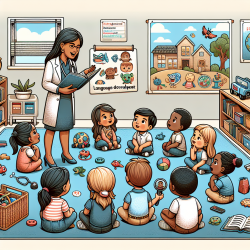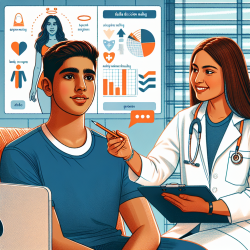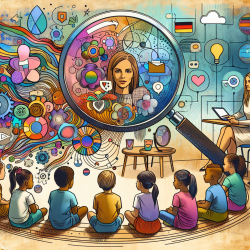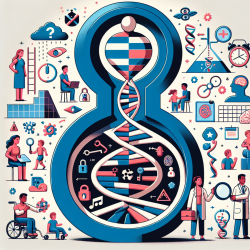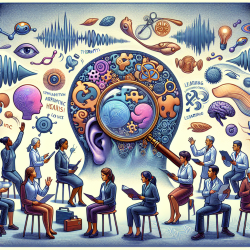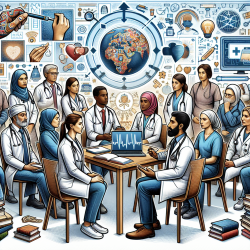The intersection of early human development research and special education offers a unique opportunity to enhance educational practices. The research article "The Beginning of Becoming a Human" by Loseva and Gladyshev provides valuable insights into the 14-day stage of embryonic development, which marks significant transitions in the organismal life of humans. Understanding these transitions can inform special education practitioners on how to better support students with diverse learning needs.
Understanding the 14-Day Stage
The 14-day stage is pivotal in human embryogenesis as it defines the separation of soma from the germline and marks the boundary between rejuvenation and aging. This stage is foundational for understanding how different levels of life organization emerge during human development. For special education practitioners, this knowledge can offer new perspectives on developmental milestones and learning abilities.
Implications for Special Education
By integrating insights from early human development research, special education practitioners can:
- Enhance Individualized Education Plans (IEPs): Understanding the biological foundations of development can lead to more tailored educational strategies that align with each student's unique developmental trajectory.
- Promote Early Intervention: Recognizing critical periods in development allows educators to implement interventions at optimal times, potentially improving outcomes for students with developmental delays or disabilities.
- Foster Inclusive Learning Environments: Insights into organismal life stages can inform inclusive practices that accommodate diverse learning needs, promoting a supportive environment for all students.
Encouraging Further Research
The research by Loseva and Gladyshev highlights the importance of continued exploration in early human development. Special education practitioners are encouraged to engage with ongoing research to stay informed about new findings that could impact educational strategies. Participating in conferences, webinars, and networking opportunities can facilitate this engagement and foster collaboration among educators and researchers.
Conclusion
The insights gained from early human development research offer valuable implications for special education practices. By understanding the significance of the 14-day stage and its role in organismal life, educators can enhance their approaches to supporting students with diverse needs. Continued research and collaboration are essential for advancing educational strategies and improving outcomes for all learners.
To read the original research paper, please follow this link: The beginning of becoming a human.



